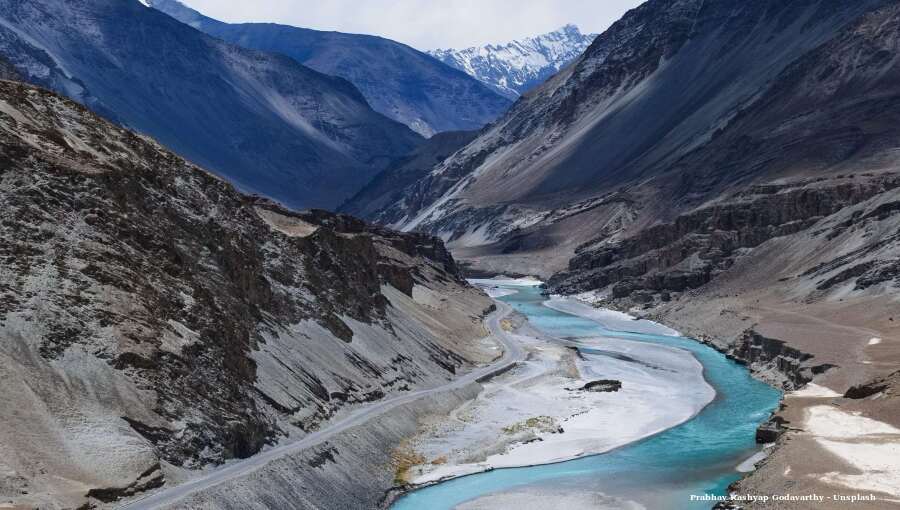India Halts Cross-Border Water Flow, Modi Announces Amid Rising Tensions With Pakistan
By BNO - Kolkata Branch

Prime Minister Narendra Modi declared on May 6 that India would cease allowing its water to cross international boundaries, marking a significant policy change with potential wide-ranging effects in South Asia, according to experts. BBC reports.
"Now, India’s waters will be harnessed for India’s prosperity, preserved for India’s welfare, and utilized for India’s advancement," Modi stated during a public speech. Although he didn’t mention neighboring Pakistan explicitly, his comments came less than two weeks following New Delhi’s suspension of the Indus Waters Treaty—an important water-sharing pact between New Delhi and Islamabad established in 1960.
The agreement, facilitated by the World Bank, manages the utilization of six rivers shared by both nations, giving India authority over the eastern waterways and bestowing upon Pakistan rights to the western ones. Even after enduring two conflicts and several clashes, this accord continues to be seen as an exceptional instance of ongoing collaboration between these nuclear-capable neighbors.
Pakistan has previously cautioned that blocking water unilaterally might be seen as "an act of war." Approximately 80% of Pakistani agricultural land relies on water originating from Indian territories, making this resource essential for countless farmers' livelihoods. BBC continues.
Following a violent militant strike on tourists in Indian-controlled Kashmir last month, resulting in 26 fatalities, Modi made this announcement. New Delhi attributes the incident to terror organizations based in Pakistan, as these groups have admitted their involvement. However, Islamabad firmly rejects this accusation, though most people in India do not find those denials credible.
In an effort to intensify its stance against so-called "cross-border terrorism," India has repealed multiple bilateral accords, one of which is the long-standing water agreement that has been in place for many years.
The prime minister has yet to detail how India plans to utilise the water that will be retained. Experts caution that storing and managing the redirected flow would require large-scale infrastructure, including dams and reservoirs—projects that could take years to implement.
India's action now represents a crucial shift in one of the globe's most unstable areas, where water—a basic resource—is currently at the heart of intensifying geopolitical tensions.

No comments